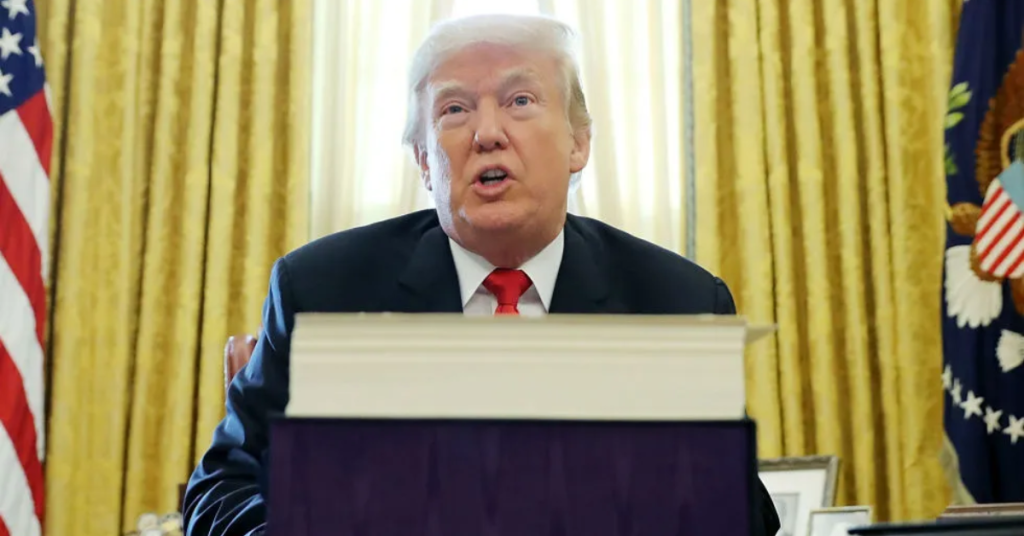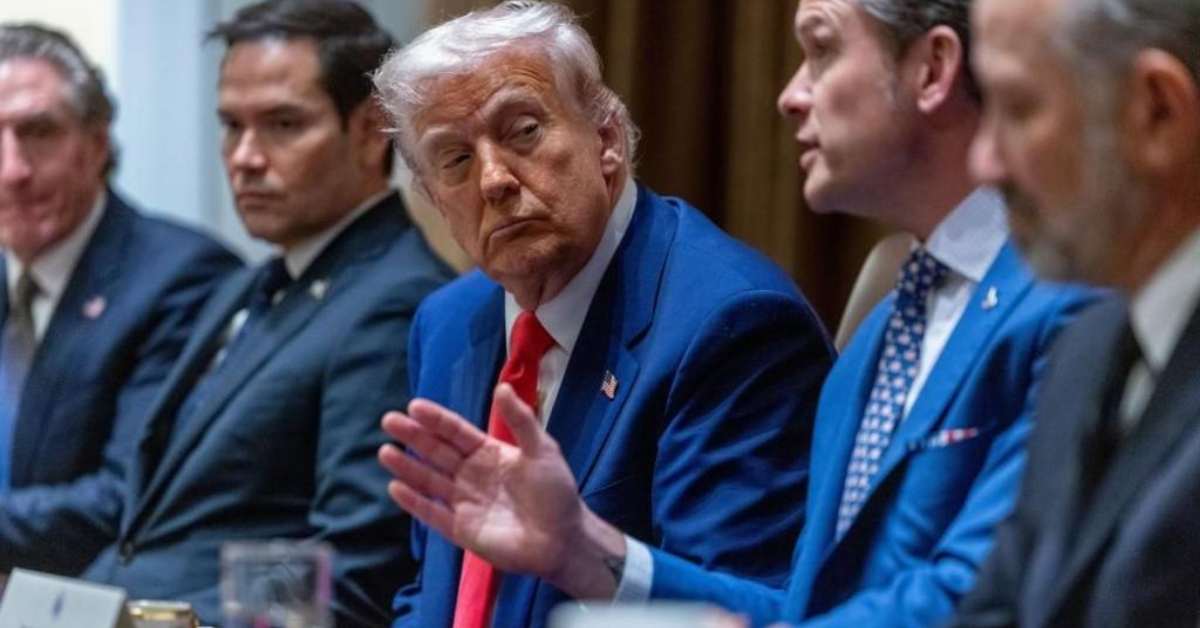After weeks of courtroom battles, protests from students, and rising pressure from universities and federal judges, the Trump Administration has reversed its decision to cancel the student visas of thousands of international students in the United States.
The Department of Justice announced on Friday that Immigration and Customs Enforcement (ICE) will restore the immigration records of international students whose student visa data had been abruptly terminated. The terminations were often based on minor or dismissed legal infractions. This decision comes as a significant retreat by an Administration that had made tough immigration enforcement a central focus of its second term.
Earlier this month, the sudden mass terminations, which the American Immigration Law Association estimated impacted around 4,700 students, caused confusion and anxiety across campuses in the United States.
International students, many of whom had received no warning, found themselves in legal limbo as their SEVIS (Student and Exchange Visitor Information System) records were deleted. As a result, these students were technically no longer in the country legally, putting them at risk of detention and deportation. Some students were unable to attend classes or access campus resources. Others, already in precarious situations, were detained or forced to self-deport.
At least 23 states had judges who issued emergency orders to temporarily block the government’s actions, criticizing the move as arbitrary, opaque, and possibly unlawful. Over 100 lawsuits were filed by students, universities, and advocacy organisations, accusing the terminations of violating due process and targeting students without sufficient cause.
The reversal by the Trump Administration came just hours before ICE officials were due to testify under oath in a court challenge. A Justice Department lawyer stated in court on Friday that “ICE is developing a policy that will provide a framework for SEVIS record terminations.” This statement indicated a temporary halt to the practice of revoking records solely based on past legal encounters.
Despite the reversal, many questions remain about what this decision means for international students in the U.S.
Who’s Still at Risk?
Although the Trump Administration has reversed its decision for many students, the situation remains unclear for others.
The high-profile cases of Rümeysa Öztürk and Mahmoud Khalil have further complicated matters, reflecting the ongoing ambiguity surrounding the Administration’s actions. Öztürk, a doctoral student at Tufts University, was detained by ICE agents in Massachusetts after her F-1 visa was quietly revoked. ICE claimed the revocation was due to her “activities in support of Hamas,” though her attorneys contend that the real reason was her outspoken support for Palestinian rights.

Khalil, a permanent U.S. resident and pro-Palestinian activist at Columbia University, is facing deportation proceedings after the State Department revoked his green card. This move marks a dramatic escalation in what critics argue is more of a political campaign than a legal one.
While the government’s reversal applies to students who had minor or dismissed legal infractions, such as traffic violations or dropped charges, it’s unclear if cases like Öztürk’s or Khalil’s will be affected. ICE still retains the authority to terminate a student’s record based on national security concerns or other immigration law violations.
The State Department, which separately revoked many student visas, has not responded to requests for comment on whether those cancellations are also being reversed.
ICE’s Growing Control Over Campus Matters
The origins of the mass terminations remain somewhat unclear. Many students reported learning about the loss of their status only through university administrators or legal representatives. Some students were unaware of any charges, and others had never been arrested.
Historically, it was universities that notified SEVIS about changes to a student’s status. However, under the Trump Administration, ICE has taken a more direct role, leading immigration lawyers to describe this as a dramatic shift in control.
While ICE and the State Department have framed the actions as necessary for national security and enforcing immigration laws, critics argue that the crackdown fits into a larger agenda: pressuring universities to align with Administration priorities, which include curbing political dissent.
In the same year, Secretary of State Marco Rubio warned that students engaging in pro-Palestinian activism could face visa cancellations for allegedly undermining U.S. foreign policy. This approach has drawn comparisons to the post-9/11 surveillance of Muslim students and scholars, though with the addition of new digital surveillance tools.
The reversal of the visa cancellations by the Trump Administration provides some relief, but the larger context of these actions remains troubling for many international students. The shift in how ICE and the State Department interact with universities and students signals an increasing centralisation of control over student immigration matters, raising concerns about the future of academic freedom and political expression on U.S. campuses.
Looking Ahead
As of now, the path forward for international students remains uncertain. While many will regain their legal status following the Administration’s reversal, cases like Öztürk’s and Khalil’s serve as a reminder that the government’s actions can still have a profound impact on students, even if they do not fall into the “minor legal infraction” category.
For those whose visas or student status have been reinstated, the reinstatement is not a permanent solution. The larger question of how U.S. immigration policies will evolve under the Trump Administration—especially with regard to student visas—remains unanswered. It’s clear that the government’s actions have already caused considerable harm, and many students, educators, and advocacy groups will be watching closely as the Administration’s immigration policies continue to unfold.
Disclaimer: This article has been meticulously fact-checked by our team to ensure accuracy and uphold transparency. We strive to deliver trustworthy and dependable content to our readers.


